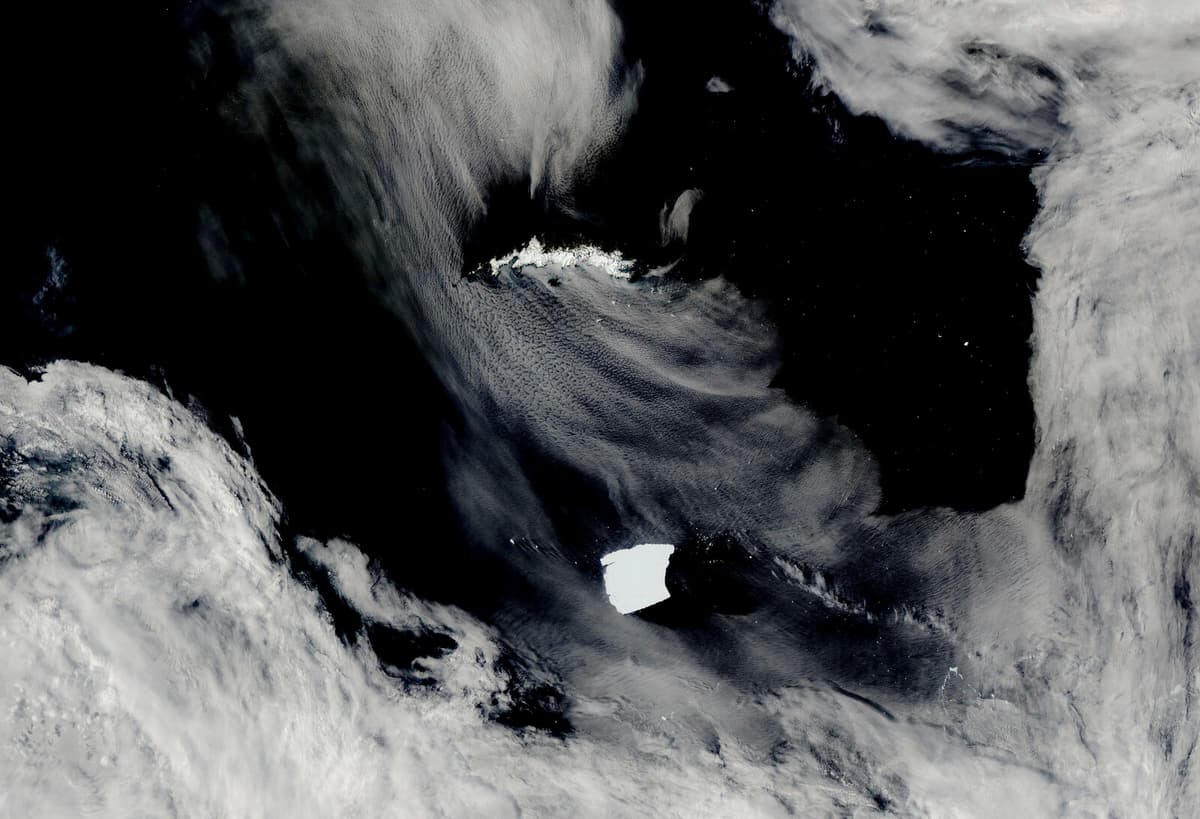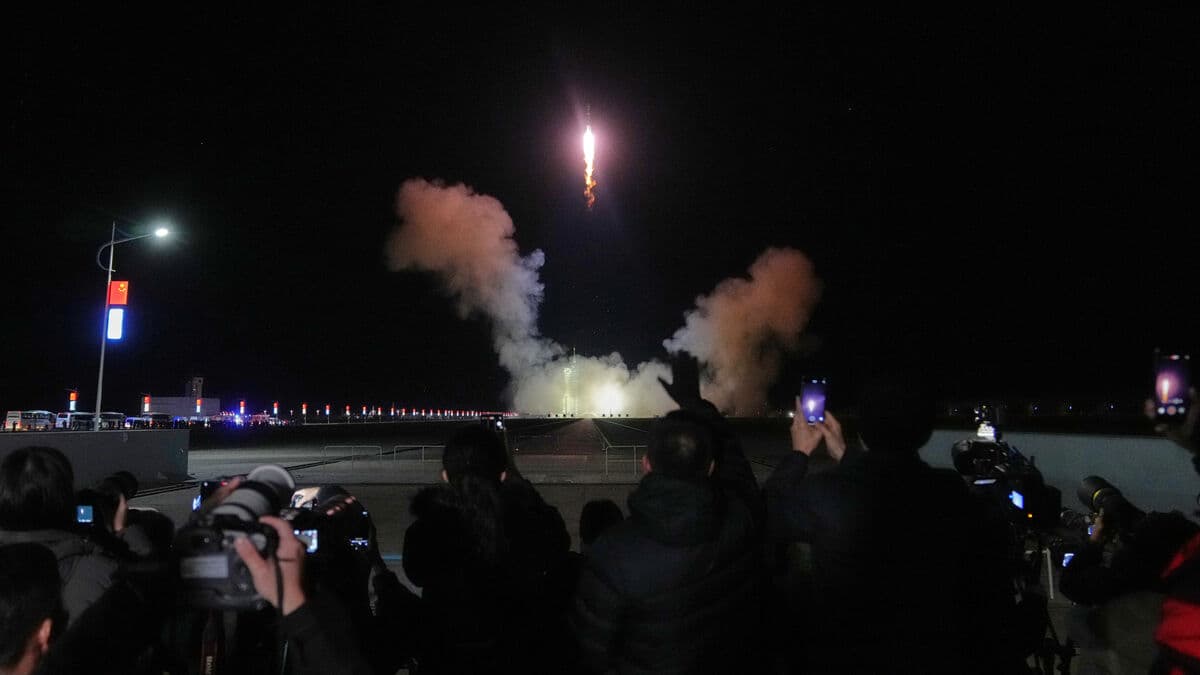The grounding means that the colossal iceberg hopefully avoids colliding with South Georgia, which researchers had previously warned about.
The iceberg A23a – more than twice as large as London and weighing nearly a billion tons – has since 2020 slowly drifted towards South Georgia, where many animals breed. According to the British Antarctic Survey (BAS), Britain's national institute for research in Antarctica, a collision could affect the island group's large seal and penguin colonies.
For several days, A23a has now stood still about seven miles south of South Georgia, reports BAS, which monitors the ice mass via satellite.
If the iceberg continues to stand still, we do not expect any major impact on local wildlife and vegetation, says oceanographer Andrew Meijers.
In the best case, the grounding could even have positive effects, he reports.
Nutrients stirred up by the grounding and melting could increase the availability of food in the entire regional ecosystem, including for penguins and seals.
Corrected: An earlier version of the text contained an incorrect statement about the iceberg's weight.






